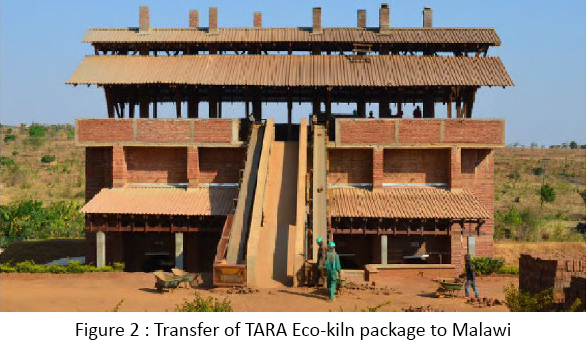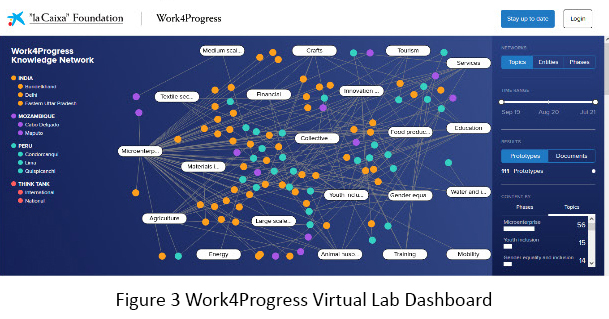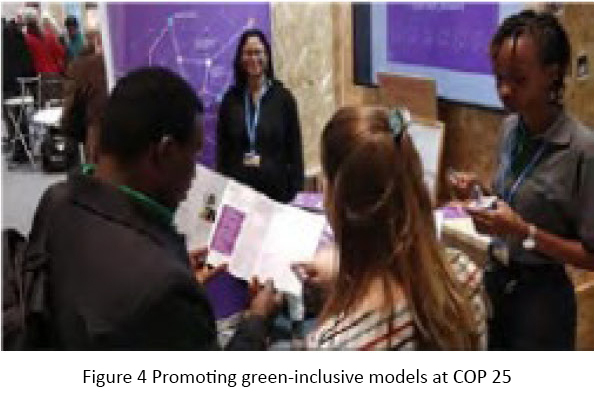|
A Model for Green
Recovery - Moving towards
As
countries across the globe are battling the coronavirus pandemic, public
support for action on building resilient economy is gathering momentum.
The government and corporate actions are exploring new impetus to ‘build
back better’. This means
adopting practices that bring systemic transition in local economies
that are just and have widespread social and environmental impact.
Evidence shows that models of green recovery can boost economic growth,
strengthen social cohesion and accelerate transition towards
environmental sustainability. With a vision to leave no one behind in a
post-COVID-19 future, it is important to strengthen solidarity among
people and countries. The South-South Cooperation framework provides
this opportunity. It integrates national well-being of people and
countries of global south to development goals agreed internationally.
Development Alternatives Group (DA Group) has been implementing a mix of
sustainability solutions that are being delivered collaboratively,
through multi-stakeholder networks. DA’s model for greening economy
hinges on interconnected components of transfer of inclusive and clean
technology solutions, exchange of knowledge, and maximising influence
through collaboration and alliances. The values created by these three
components through inclusive entrepreneurship approach is helping DA to
bring research to practice, connect large organisations to small
enterprises, bridge gaps between technology and human abilities, and
accelerate green innovations.
Green technologies such as TARA EcoKiln, micro concrete roofing (MCR)
tiles and limestone calcined clay cement (LC3) have been packaged and
transferred to various countries in the global South, creating more than
470 enterprises, 55,000+ jobs, and mitigating 5.7 million tons of CO2
emissions.
These platforms are helping DA to co-create solutions, and ecosystems
for
As part of the Green Economic Coalition (GEC), Alliance of NGOs and CSOs
Aparajita A. Mathew
|



